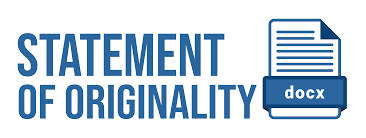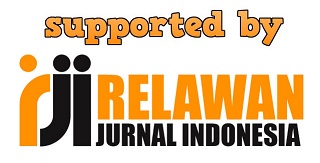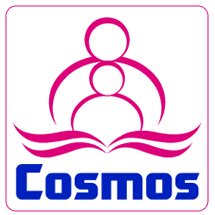STRATEGIES OF REQUEST IN “THE HUSTLE” MOVIE
DOI:
https://doi.org/10.61672/eji.v7i2.2579Keywords:
Directive acts, request, request strategies.Abstract
This research found out the strategies of request in utterances. The Hustle movie was used as data source of this research. Data of this descriptive qualitative research were utterances of request in the movie. The researchers used observational method and non-participatory technique. The researchers collected data watching and listening to utterances in the movie. The data were analyzed by using pragmatic identity method and pragmatic competence- in equalizing technique. The data were analyzed by using theory from Blum-kulka & Olshtain (1984). Results showed that request strategies had 59 data. Mood derivable consisted of 21 data, explicit performatives consisted of 9 data, hedged performative consisted of 4 data, locution derivable consisted of 5 data, language specific suggester formula consisted of 6 data, reference to prepatory conditions consisted of 7 data, mild hints consisted of 3, scope stating consisted of 1 data and strong hints consisted of 3 data. From all strategies, mood derivable was the most common strategy. The characters used this strategy because the characters were already familiar to one another and the situation made the characters request the others in a direct way.
References
Addison, C. (2019). The Hustle. United Artists.
Birner, B. J. (2013). Introduction to Pragmatics. Wiley Blackwell.
Blum-kulka, S., & Olshtain, E. (1984). Requests and Apologies: A cross-cultural study of speech act realization patterns (CCSARP). Applied Linguistics, 5(3), 196–213. https://doi.org/10.1093/applin/5.3.196
Creswell, J. W. (2013). Qualitative inquiry and research design choosing among five approaches. Sage Publications.
Febriani, Y., & Hanidar, S. (2019). Request Strategies in the American TV series Full House. Lexicon, 6(1), 51–58. https://doi.org/10.22146/lexicon.v6i1.50310
Huang, Y. (2007). Pragmatics. Oxford University Press.
Lestari, W. A., & Sembodo, T. J. P. (2019). Request strategies in the TV series Victorious. Lexicon, 6(1), 69–77. https://doi.org/10.22146/lexicon.v6i1.50310
Prihatin, Y., & Aflahatun, N. (2020). The use of request strategies of industrial engineering students. English Review: Journal of English Education, 8(2), 63. https://doi.org/10.25134/erjee.v8i2.1994
Sari, D. W. (2014). The use of request strategies in the movie “The Proposal.” Lexicon, 3(1), 14–32. https://doi.org/10.22146/lexicon.v3i1.42102
Searle, J. R., & Vanderveken, D. (1985). Foundations of Illocutionary Logic. Cambridge University Press.
Sudaryanto. (2015). Metode dan aneka teknik analisis bahasa. Sanata Dharma University Press.
Tami, T., & Ambalegin, A. (2020). Request strategies in Little Big Shots UK. Jurnal Ilmu Budaya, 8(1), 108–115. https://journal.unhas.ac.id/index.php/jib/article/view/9679
Downloads
Published
Issue
Section
License
Copyright (c) 2023 Ajeng Resva Safitri, Ambalegin Ambalegin

This work is licensed under a Creative Commons Attribution 4.0 International License.




















